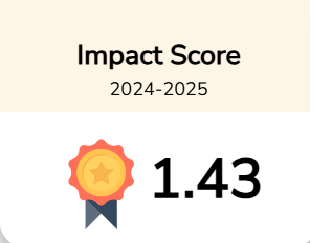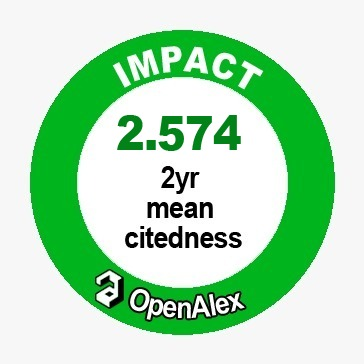Comparitive Study of Energy and Water Conservation in Domestic Gas Geysers
Downloads
Pakistan is facing the severe energy crisis by continuous increase in gap between supply and demand. Researchers associated with the field of Environmental Design & Home Economics are motivated to explore the ways to deal with current energy crisis, consumption and conservation. The research is an attempt to conserve energy and water at domestic level by comparing the performance of conventional gas geysers and instant water heaters. The study also looked at the amount of water that can be saved from instant water heaters. An experimental house had been selected where instant and conventional geysers are installed and used based on alternate week during five winter months from December 2010 to April 2011. Amount of consumed gas was observed over the peak winter time. Four control houses were also selected in the same vicinity with approx. same number of inhabitants who used conventional gas geysers. The amount of gas consumption in these houses was also observed. The amount of saved water had been calculated, based on the length of pipes from geysers to point of use and water allowed to be drained before hot water is obtained. Generally, instant water heaters are not in use locally, therefore, a questionnaire was randomly distributed to various households to know their general perception about instant water heaters.





